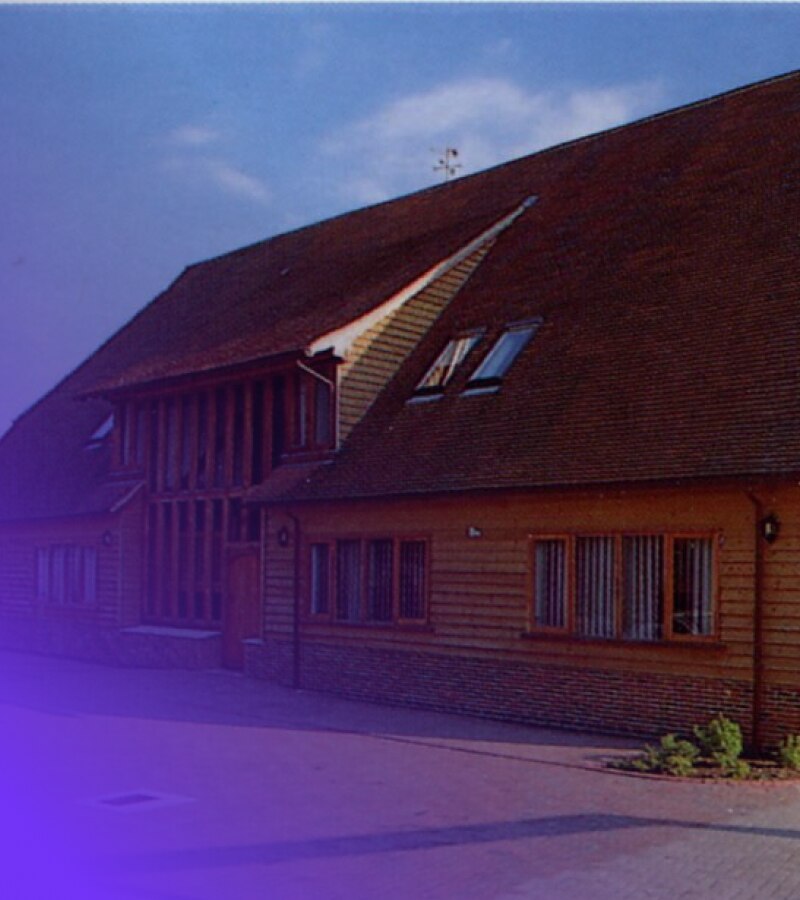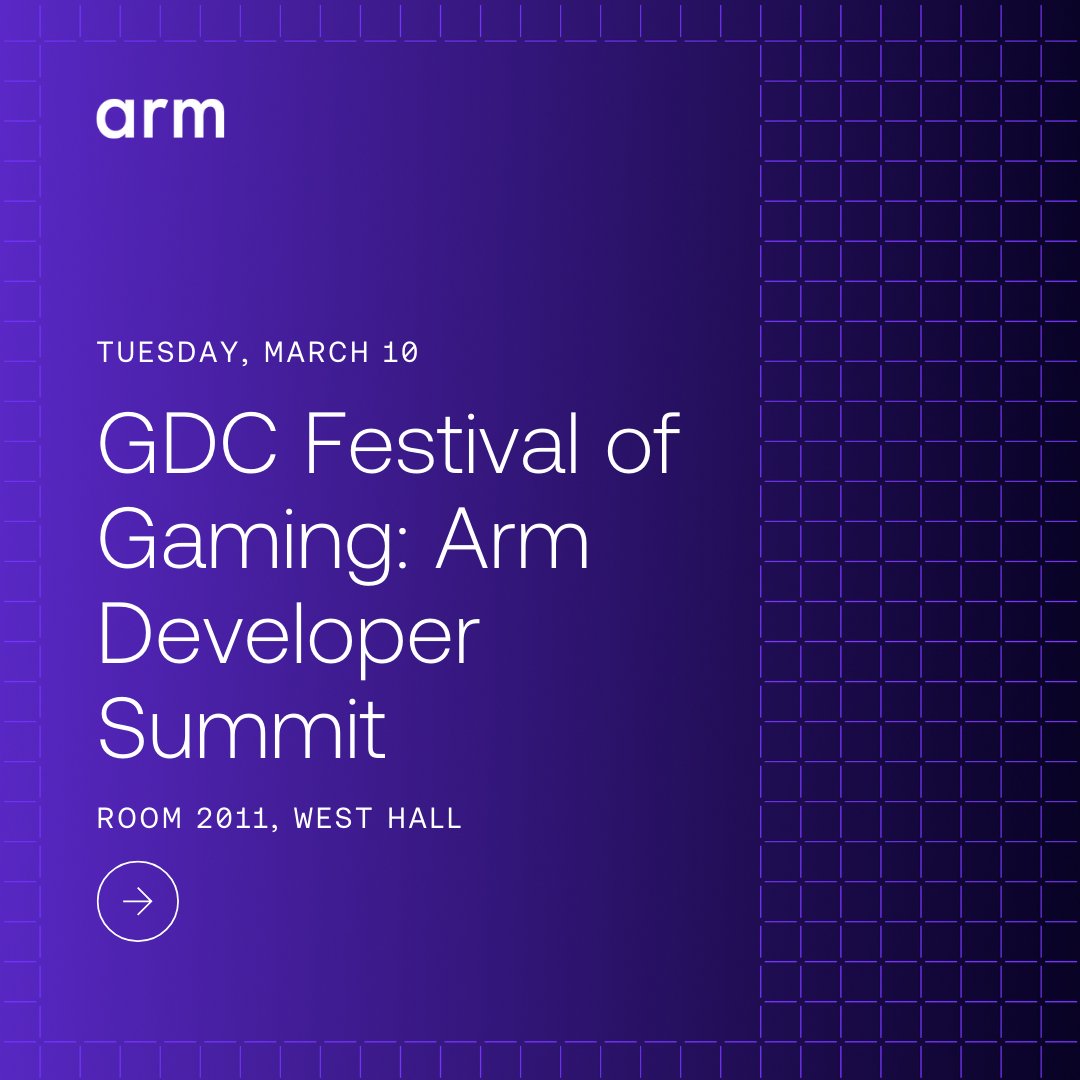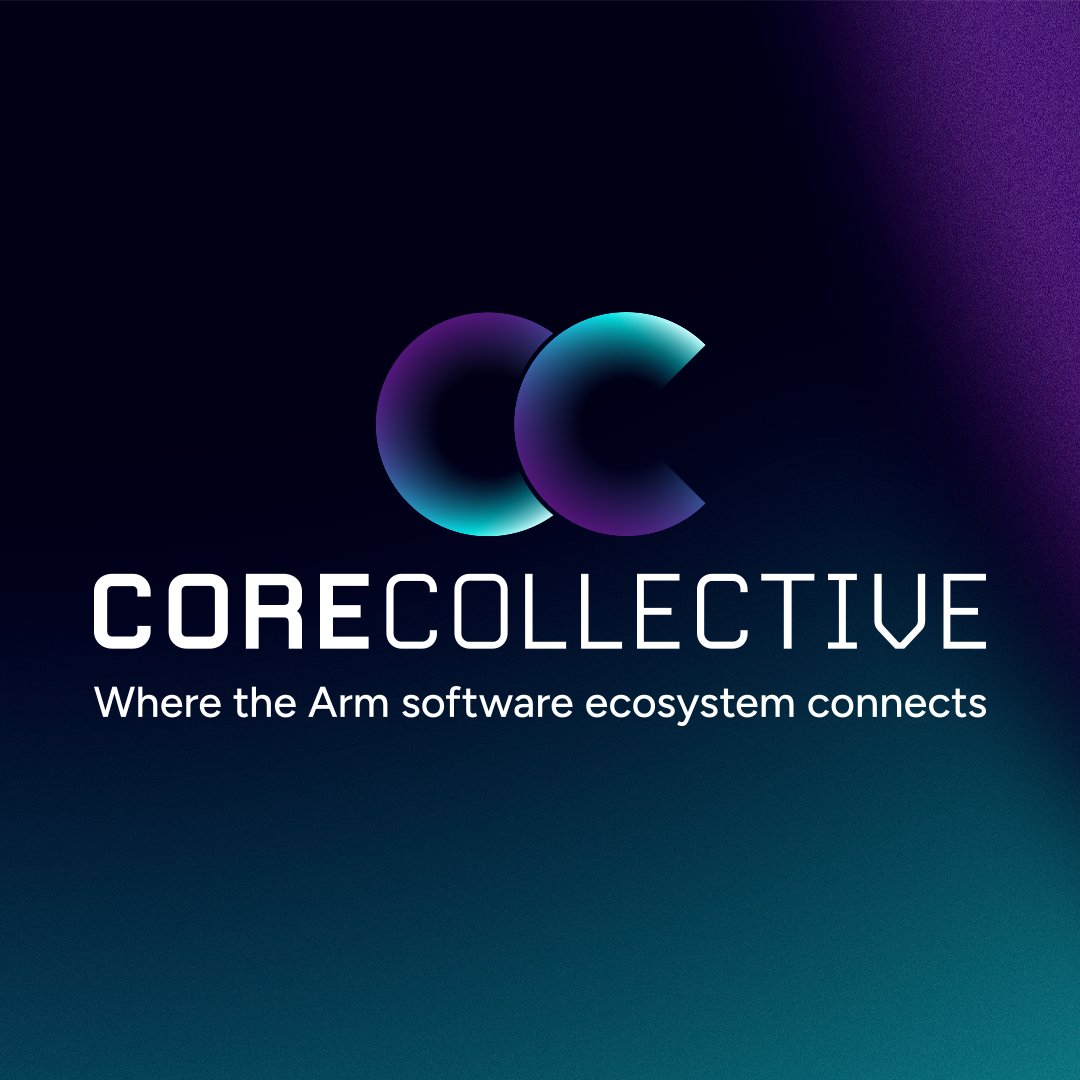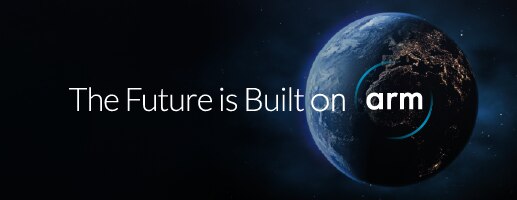Emma Yang and Orlando Hoilett on Designing Technology for the Underrepresented
Our Gen Arm 2Z program connects young architects of tomorrow with industry mentors, helping them to achieve their goals and create the change they want to see in the world.
Here, Emma Yang, Gen Arm 2Z ambassador and creator of the Timeless app for Alzheimer’s patients, chatted with Arm Innovator and medtech specialist Orlando Hoilett about inclusivity in tech and why they were inspired to design technology solutions for underrepresented communities.
Meet Our Gen Arm 2Z Ambassadors
Gen Arm 2Z gives a voice to the generations of tomorrow, sharing the thoughts of kids today on technology as it’s currently used and how it can be built for their future. It also gives a platform to the inspiring young trailblazers who are already hard at work defining tomorrow’s technology.
Video transcript
Orlando: It was really cool to see all the different work you’re doing, particularly for Alzheimer’s patients. What was your inspiration particularly for developing a technology for Alzheimer’s patients?
Emma: So, I was inspired to create Timeless — my startup that uses technology to empower Alzheimer’s patients — by my experience with my grandmother. I was born in Hong Kong and was there until I was 10 years old.
All the time after school, my grandmother would take care of me. We spent a lot of time together. When I was around seven or eight years old, she was diagnosed with Alzheimer’s disease. I really experienced firsthand how Alzheimer’s impacts a patient and their daily life, but also how it impacts the ability of their family to communicate and stay engaged. It became more and more difficult for her to remember daily events and to recognize people.
I really wanted to create something that could help people like my grandmother, and I’ve always been really interested in technology. I started coding when I was around six years old. My dad put me in front of a computer and showed me the website to teach kids how to code, called Scratch. It really grew from there. I started building websites and little apps.
When I got older, I realized the impact that technology can have and how, with the tools of programming and coding, I could create something that could impact people — to help my family and to help families who were dealing with the same issues.
That’s why I wanted to merge my passion for technology with the goal of developing something to help my grandmother stay connected with me. I wanted to help other members of the Alzheimer’s community stay engaged with patients from their daily lives, to help them remember them for as long as possible.
I’d love to know more about how you got to where you are today — what inspired your entrepreneurship and also your Ph.D. studies on drug rehabilitation?
Orlando: I’ve always been interested in science — ever since I was a little kid. I know that’s a standard answer for a lot of folks, but when I was a kid, I always wanted to be a mad scientist. That’s always the way I phrased it. But as I got older, I was able to cultivate that desire and mature it a little.
The particular research problem I studied in my graduate studies was developing devices, particularly for drug rehabilitation patients. And so that came about through a collaboration my research mentor had with folks in Canada who studied and monitored drug rehabilitation patients. They wanted a way to be able to monitor their patients outside of the clinic so they can see how well they’re adhering to the treatment protocols, and in the event they had an overdose, we would have an easy way to detect that overdose and alert ambulatory services to help these people in their time of need.
Emma: What drives you every day to innovate?
Orlando: For me, it’s the ability to help people. The idea behind biomedical engineering is about how we can take our technology and develop solutions for people to better their daily life. So really, the prospect of being able to help people, being able to advance, and for them to be able to live a longer, more prosperous life is very, very interesting to me.
In particular, what I really gravitated towards was underrepresented communities — drug rehabilitation patients in particular. A lot of people often think it’s their fault and why should we help them at all? But I actually gravitate to those types of problems that society has seen as castaways. For me, that actually makes it a little bit more of an interesting challenge, and it’s even more important to us to tackle those issues head-on because other people are veering away from them in a lot of cases.
Emma: I think both of our startups are really getting to the core of using technology to solve the problems we see around us. And then also looking at who’s underserved by technology, who isn’t being touched by the things that we find ubiquitous in our society for most people.
I’m curious to see from your perspective how you think that entrepreneurship can address the needs of underserved populations?
Orlando: I think there’s a lot of really good technologies and innovation happening already in research labs and academic spaces. But it’s really the process of taking that technology and putting it into the clinic. And not just that, but also handling all the business expertise that’s necessary to actually take it to the clinic where entrepreneurship really is important and again, can help accelerate and move those technologies from the benchtop, as we say, and into the hands of people who need it the most.
I’ve actually just started learning about the Gen Arm 2Z ambassador program. I just wanted to get your take and your experience of what it’s like being a Gen Arm 2Z ambassador, and what are your favorite parts of the program so far?
Emma: It’s been an absolutely amazing experience. Being able to meet like-minded peers who are also young people interested in technology and using technology to solve problems at a young age. I really loved meeting all of the other ambassadors, and the program itself and Arm has been super supportive of Timeless and helping me along with my journey. Part of it has been providing me with funding to continue to expand Timeless.
One of my favorite moments would be going to the Mobile World Congress conference together with the CEO of Arm, Simon Segers, and the other ambassadors to actually speak at the event in Barcelona. And that was an amazing experience.
Arm has really been a great part in the success of Timeless and giving us the resources and the platform for me to count and to speak about my experiences, to help me use my knowledge to help Alzheimer’s patients who are so underserved by technology, and really get the word out there about Timeless.
Meet Our Gen Arm 2Z Ambassadors
Gen Arm 2Z gives a voice to the generations of tomorrow, sharing the thoughts of kids today on technology as it’s currently used and how it can be built for their future. It also gives a platform to the inspiring young trailblazers who are already hard at work defining tomorrow’s technology.
Any re-use permitted for informational and non-commercial or personal use only.













